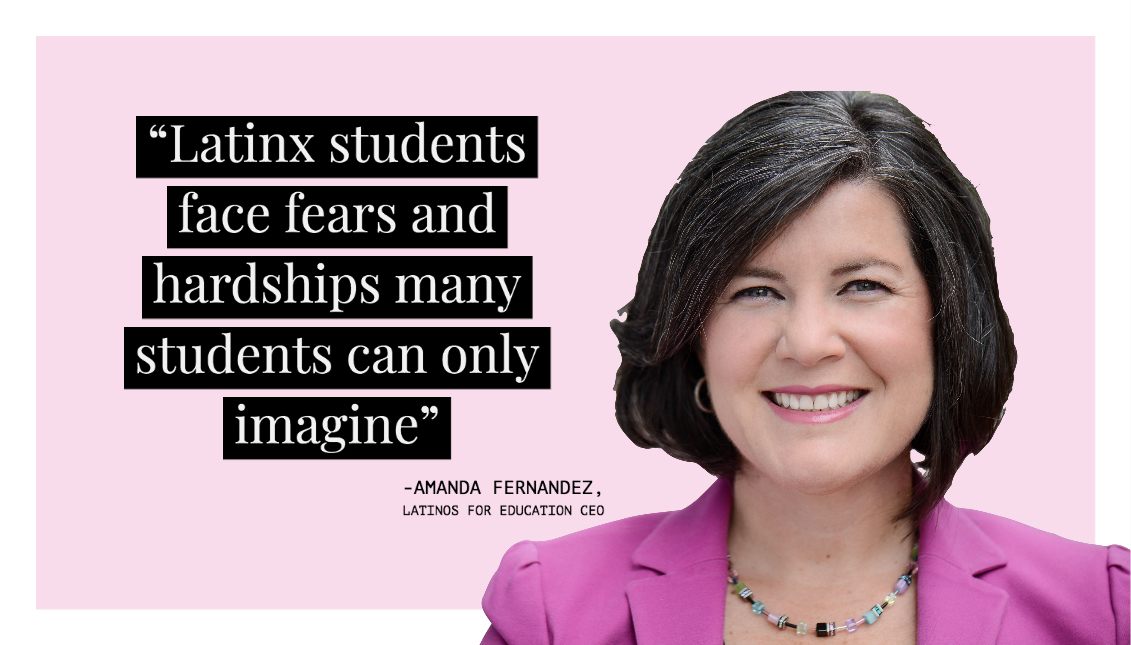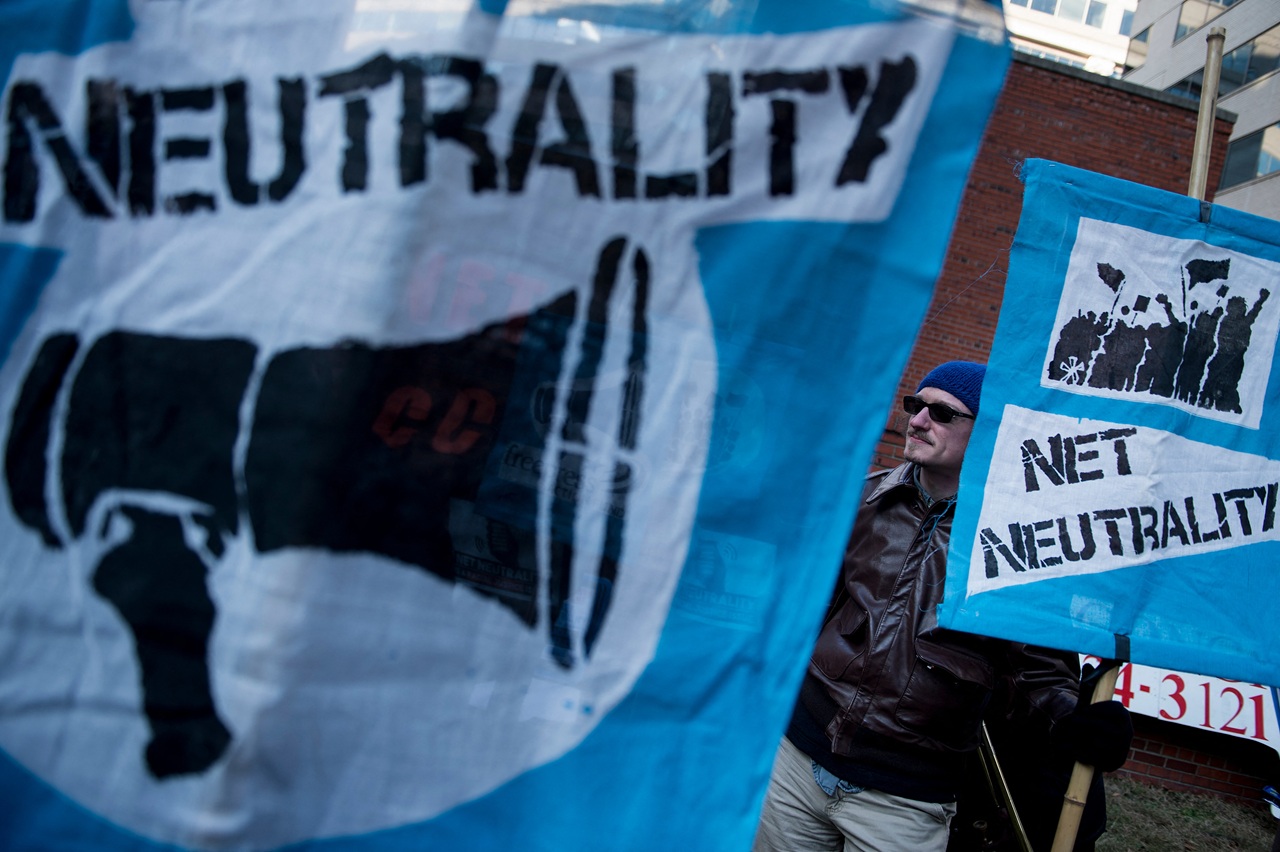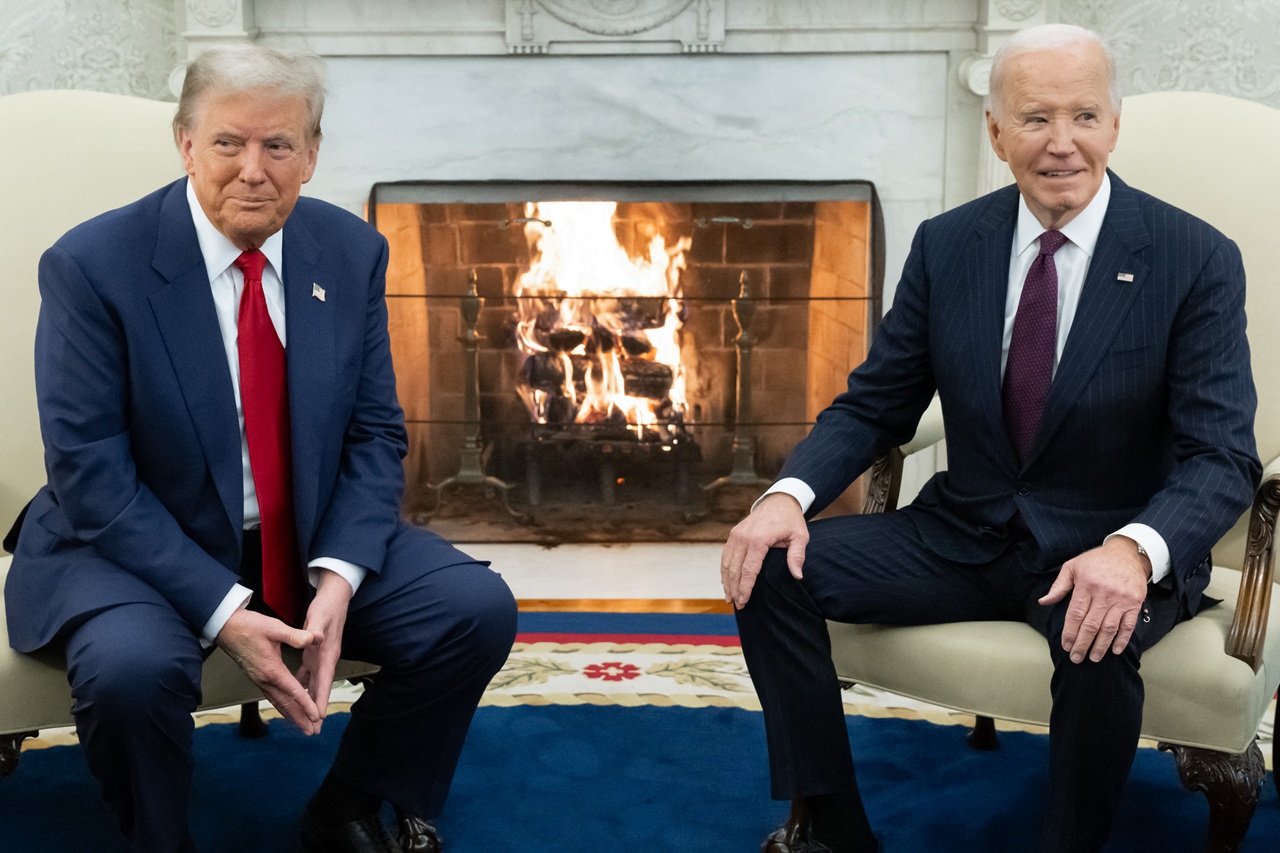
As the school reopening debate continues, leaders must consider Latinx students and teachers
Even before the coronavirus pandemic exposed the historical cracks in a system that puts Black and Latinx students at a disadvantage, the Latino community had already been known to experience some of the worst instances of inequality in the nation.
But while science is advocating that school districts should prioritize full-time, in-person classes for grades K-5 and for students for special needs, the Trump administration is playing a different tune.
President Trump has recently spoken against guidelines offered by the US Centers for Disease Control and Prevention (CDC) to safely reopen schools amid a pandemic, calling them too difficult and costly to implement.
The CDC offers three different sets of recommendations in its guidelines for reopening schools: for communities where there is no virus spread, for those where there is minimal to moderate transmission, and for districts where there is “substantial spread.
Depending on where the school is located, the impact coronavirus has on communities will vary. For this reason the CDC guidelines are comprehensive, because a school within a community with relatively little virus transmission will not need to follow the strictest guidelines.
This leads to the topic of disparities within different communities.
The Latino community has been identified as the hardest-hit demographic by coronavirus. Therefore, the hardest-hit school districts will also have high-Latinx populations.
Nationwide, Latinx students are 25% of the total student body.
“COVID-19 is likely to exacerbate the learning gap between Latinx students and their white counterparts,” writes Amanda Fernandez, Co-Founder and CEO of Latinos for Education in a blog post.
Latinos for Education is the first Latino-founded and national organization dedicated to uplifting the community and creating leadership pathways for emerging Latinx individuals.
"Latinos for Education would like for schools to reopen but it must be done with the safety of children and educators in mind," Fernandez said in a statement to Al DÍA.
CONTENIDO RELACIONADO
"Many cite lack of information in Spanish, technology, internet access, and income insecurity as major obstacles which have been exacerbated by the pandemic," Fernandez continued.
"Additionally, Latino families and teachers are very worried about our students’ mental health. It’s one of the largest challenges our students are facing and we are not talking about it enough. Our education leaders must ensure they have the proper supports in place for the teachers, parents and students."
Fernandez argues state government leaders and businesses should be considering that many working parents do not have the financial means to pay for private childcare when children are not in school, and districts should look into hybrid models.
Essentially, parents should not be forced to choose between their jobs and caring for their children. Many private daycares also remain closed due to COVID-19 health concerns.
Fernandez also advocates for developing a long-term plan that addresses anti-racism within the education system that has been highlighted by the pandemic. She says open dialogues about how education is permanently changing is essential to have.
“Decisions on school reopening must be made at the local level, not based on a blanket directive for the full nation. Latino families must be consulted on any plans as they are the most impacted by COVID and Latinx students are 25% of all students,” wrote Fernandez on Twitter.
Decisions on school reopening must be made at local level, not based on a blanket directive for the full nation. Latino families must be consulted on any plans as they are most impacted by COVID and Latinx students are 25% of all students. #schoolsreopening
— Amanda Fernandez (@AmanFernan24) July 10, 2020
While in session, schools provide a tremendous amount of support to students, ranging from education, to food security, and a place to be while parents are at work. However, Latinos must also be part of the decision-making process in order to reopen in the best way.
The Trump administration wants all schools to reopen nationally, but as scientists and advocates like Fernandez say, each case must be evaluated separately to ensure safety for those whose lives are most vulnerable.










DEJE UN COMENTARIO:
¡Únete a la discusión! Deja un comentario.